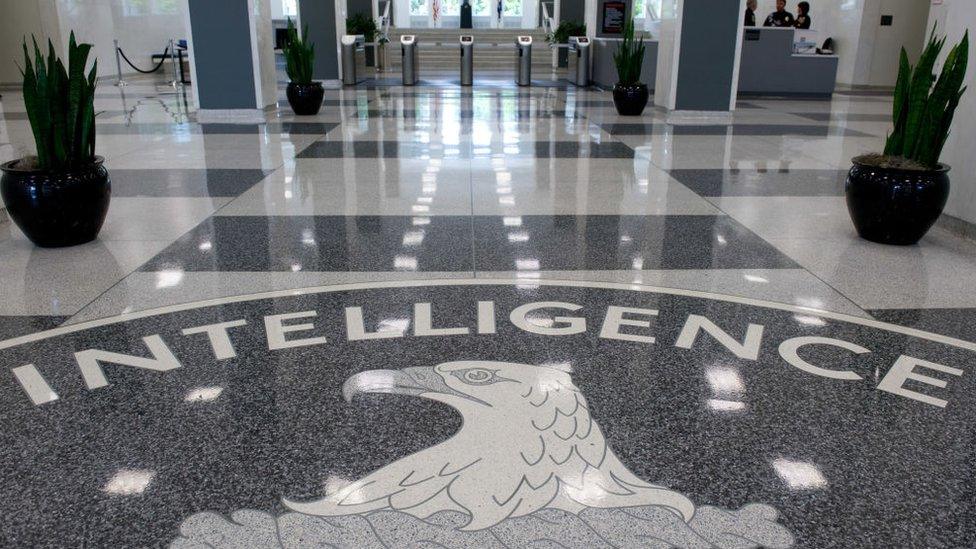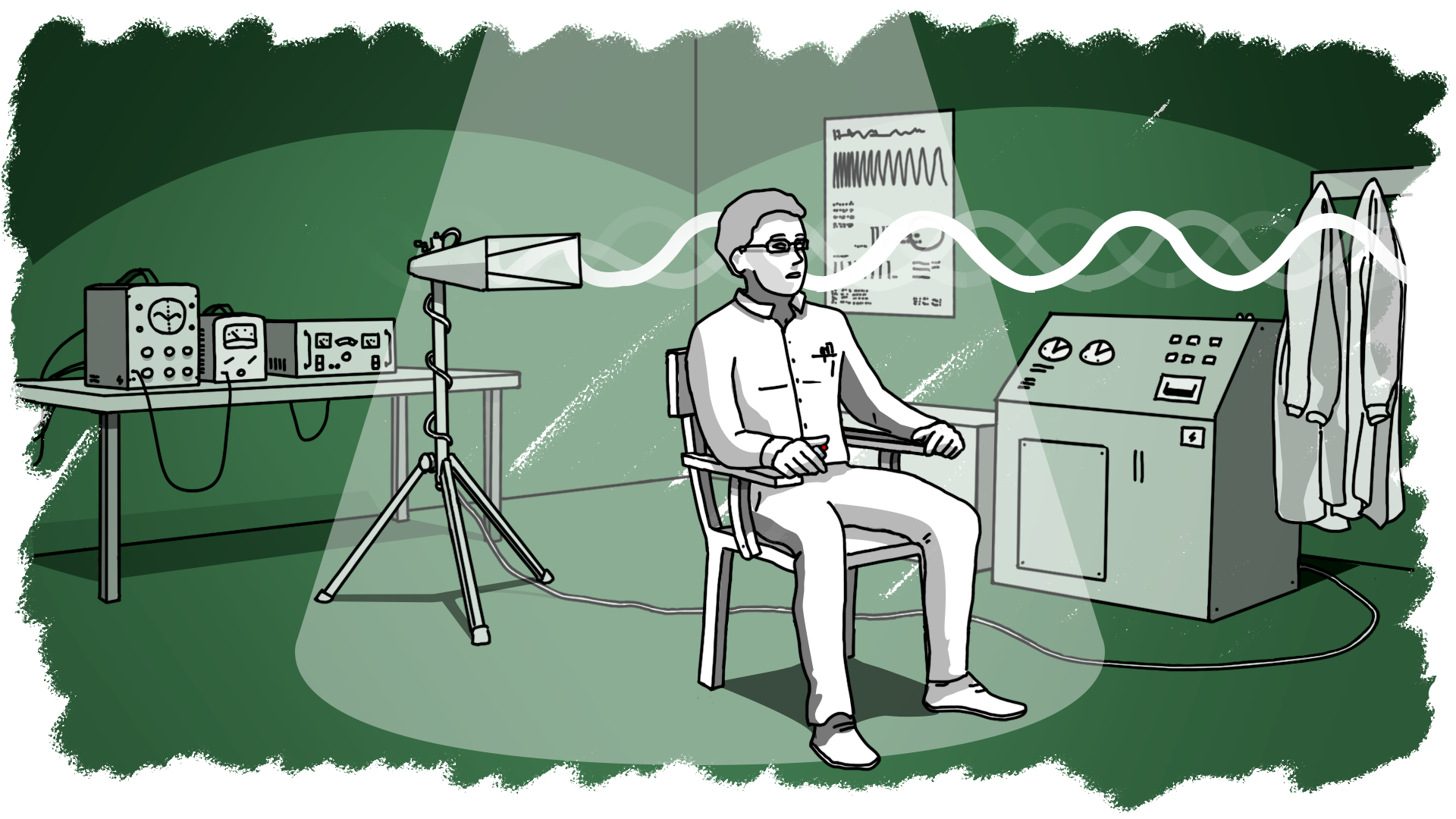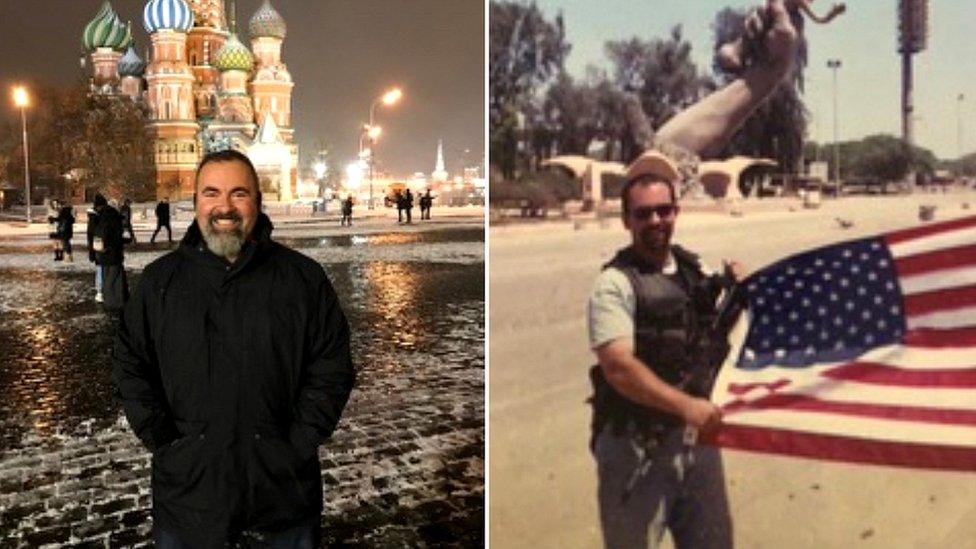CIA 'removes Vienna boss' over Havana syndrome outbreak
- Published

Dozens of US personnel have been affected by the mysterious illness in Vienna, US media report
The CIA has reportedly removed its station chief in Vienna for not responding appropriately to an outbreak of the mysterious Havana syndrome.
Dozens of US personnel in the Austrian capital and their children have reported symptoms of the syndrome, according to the Washington Post.
The condition first emerged at the US embassy in Havana, Cuba, in 2016.
Those affected say they hear buzzing sounds coming from one direction, and feel pressure in their heads.
Others have complained of nausea, dizziness and fatigue, among other symptoms.
There have been more cases of the syndrome in Vienna than in any city other than Havana, the Post reports.
The CIA declined to comment on the report when contacted by news agencies.
The paper quotes unnamed US officials saying that removing the top officer in Vienna would send a message that leaders should take Havana syndrome seriously.
Earlier this week it emerged that a CIA officer travelling to India this month with the agency's director, William J Burns, had reported symptoms of the syndrome.
And in August, Vice President Kamala Harris's flight from Singapore to Hanoi, Vietnam, was briefly delayed after an American official reported symptoms.
A scientific study of those affected in Cuba, published in 2018, found the diplomats had experienced a form of brain injury.
Last year, a US National Academy of Sciences panel found that the most plausible explanation was "directed, pulsed radio frequency energy".
In June, US Secretary of State Antony Blinken announced a review into the causes of the illness. Earlier this week, a US government source told Reuters news agency a dedicated task force was being led by a CIA official once involved in the search for Osama Bin Laden.
In July, Mr Burns said about 200 US officials and relations had experienced Havana syndrome, about 100 of whom were CIA officers and their family members.
He has also previously said there is a "very strong possibility" the syndrome is intentionally caused, and has suggested that Russia could be behind it - an allegation Moscow has denied.
Related topics
- Published9 September 2021

- Published2 February 2021
